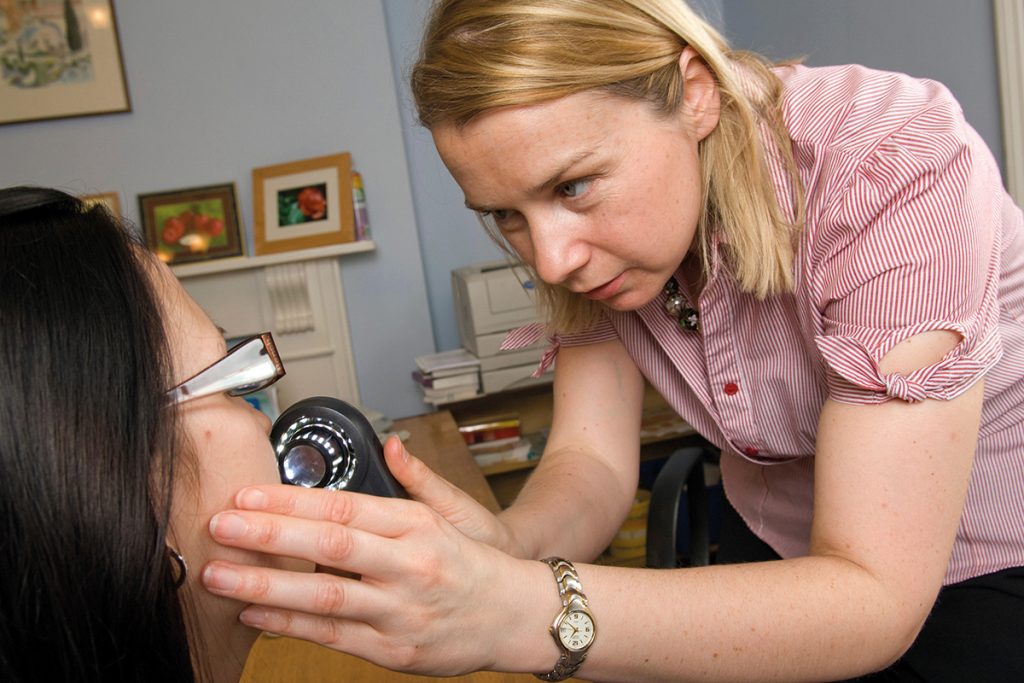
The Health and Care Bill introduces changes to the way NHS services are organised in England. Rachel Carter looks at the key measures and what they will mean for GPs
ICSs on a statutory footing
What are the changes?
The Health and Care Bill establishes integrated care systems (ICSs) as statutory organisations and abolishes CCGs. This is likely to be the change with the biggest impact on GPs.
Each ICS will comprise a statutory integrated care board (ICB), absorbing all of CCGs’ and some of NHS England’s commissioning responsibilities, and a separate statutory integrated care partnership (ICP), focusing on broader health and social care functions.
The impact on GPs
A major concern for GPs is how much influence they will now have in local decision making. CCGs were GP-led groups, but the bill stipulates that an ICB must have a minimum of just one primary care representative. The BMA’s analysis of the proposals says the transfer of commissioning to ICSs will ‘significantly alter the role of GPs’ and their input into CCGs will not be fully replaced by a single ICB seat.
Primary care networks and ‘place-based partnerships’
What are the changes?
The bill itself does not mention primary care networks, but NHSE’s guidance for ICBs says they should support the development of PCNs ‘as the foundations of out-of-hospital care and building blocks of place-based partnerships’. These partnerships, it says, are collaborative arrangements between health and care organisations to design and deliver services to meet local needs within a geographical area.
The impact on GPs
The NHSE guidance says PCNs will receive funding to support the ICS’s functions to improve health outcomes, join up services and work with secondary care to deliver ‘effective’ patient care, both in and outside hospital.
The place-based partnerships will need to resource this work, as it is ‘in addition to [PCNs’] core function’.
Funding
What are the changes?
The GMS contract will continue to be negotiated nationally. However, ICBs will take on existing contracts held by CCGs. The ICB will also have responsibility for full capital allocations, as well as the budgets currently run by CCGs for acute, community and mental health services, general practice services that are currently delegated to CCGs, and running cost allowances for the ICB itself.
The impact on GPs
There is a risk the reforms could lead to secondary and primary care local contracts being merged in the future.
The BMA GP Committee’s policy lead for commissioning and service development Dr Chandra Kanneganti says that while there is no immediate threat to non-delegated budgets, there is a ‘future risk’ to GPs of losing out on locally enhanced service contracts if these budgets are pooled.
Workforce
What are the changes?
The bill stipulates that the health secretary must publish a report on ‘the system in place for assessing and meeting the workforce needs of the health service in England’ at least once every five years.
The impact on GPs
Health secretary Sajid Javid recently admitted the Government is not on track to meet its 2015 election manifesto target of increasing the number of GPs by 6,000 by 2025. The BMA says the bill’s provisions are not ‘sufficient’ to tackle the GP shortage.
Other concerns
Privatisation
The bill repeals section 75 of the 2012 Health and Social Care Act, which requires commissioners to put all contracts above a certain value out to competitive tender.
The BMA’s analysis says the exact implications of this for general practices ‘remain unclear’. It suggests the change could result in ‘less churn in providers’ and therefore reduce the scope for private GP providers to enter the market, but adds that ‘it is also possible that contracts could be offered to existing private providers, such as Operose, without tender’.
Political interference in the NHS
The bill introduces new powers that allow the health secretary to intervene in local configurations of NHS services and to direct NHS England, both of which could impact on the NHS more widely.
Medical examiners
The bill will amend the Coroners and Justice Act 2009 to allow NHS bodies – instead of local authorities – to appoint medical examiners. The BMA says NHSE is also intending to extend medical examiner scrutiny into primary care –which could ‘significantly increase’ GP workload.
Pulse October survey
Take our July 2025 survey to potentially win £1.000 worth of tokens













FHSA didnt change much
PCO didnt change much
PCT didnt change much
CCG didnt change much
So probably not a lot from the next square wheel change
https://www.theguardian.com/society/2022/jan/25/as-a-doctor-you-want-to-help-not-explain-why-patients-must-suffer-one-gps-diary-of-this-winter-of-discontent
Today’s Sunday Times:
“GPs nationalised in Javid plan to reduce hospital admissions”
GPs would be nationalised under plans from the health secretary to make them do more to keep patients out of hospital.
Sajid Javid is considering radical changes to the 70-year-old structure of the NHS that could see many family doctors directly employed by hospitals instead of running their own surgeries.
Good luck with that Sajid!!! He’s either totally clueless which is a possibility or this is the final act of dismantling the NHS. One thing I know though, he needs me far more than I need him!!
By the time Javid nationalises GPs, he would have privatised them at the same time. Genius bankers.